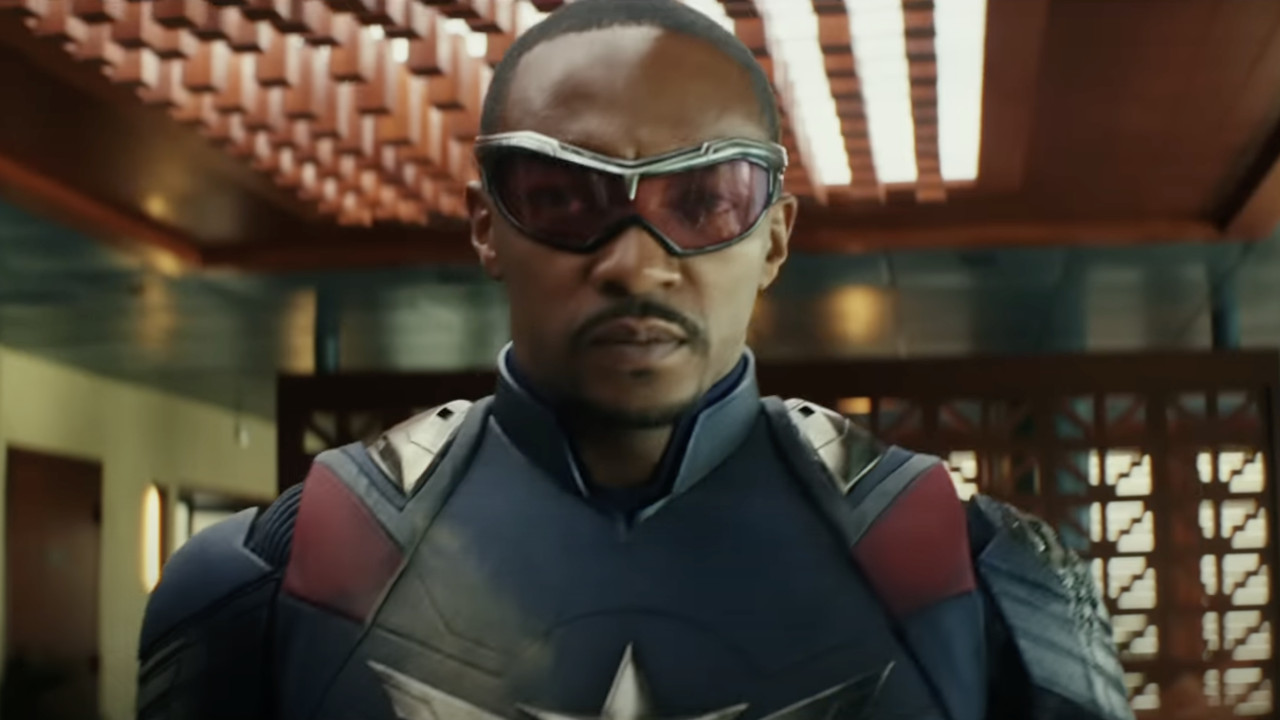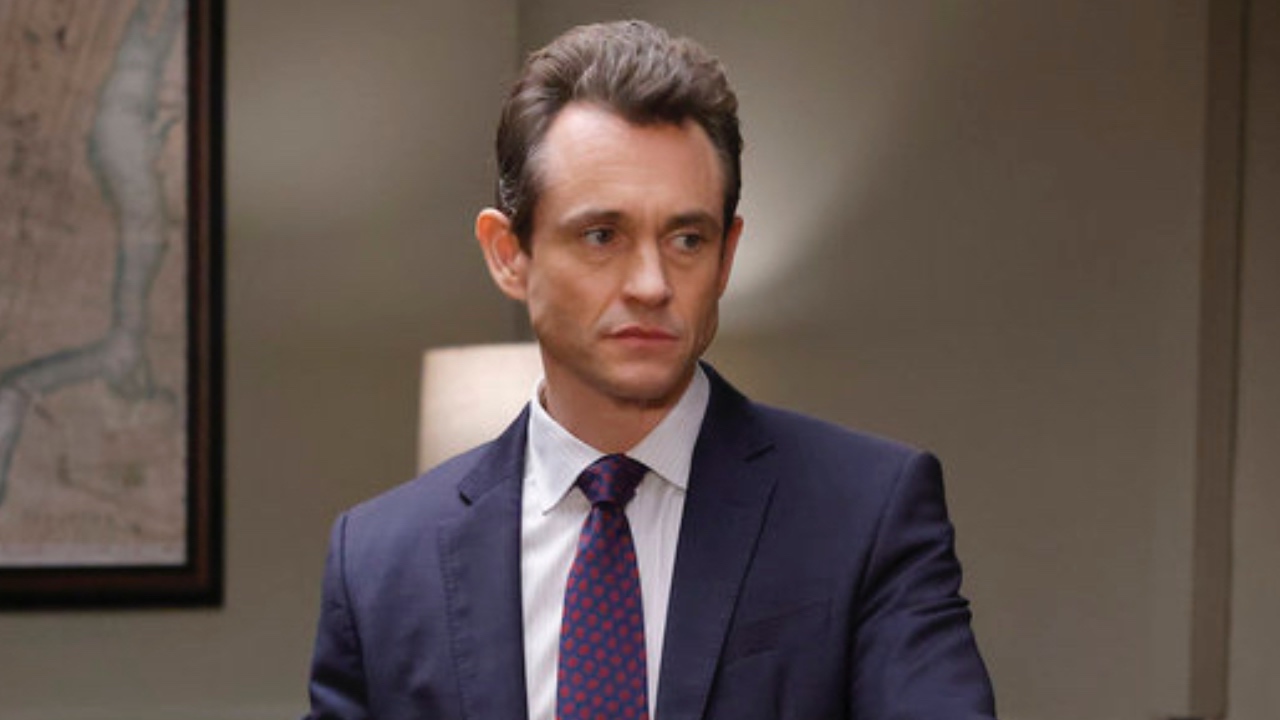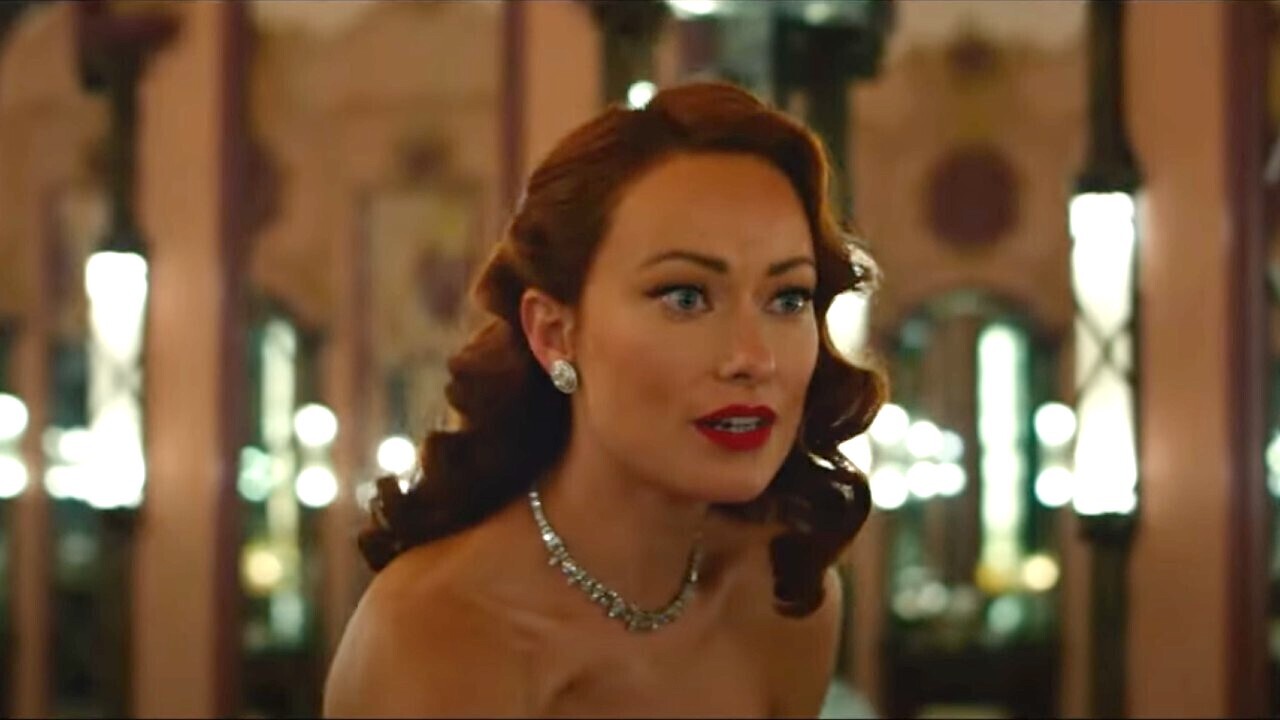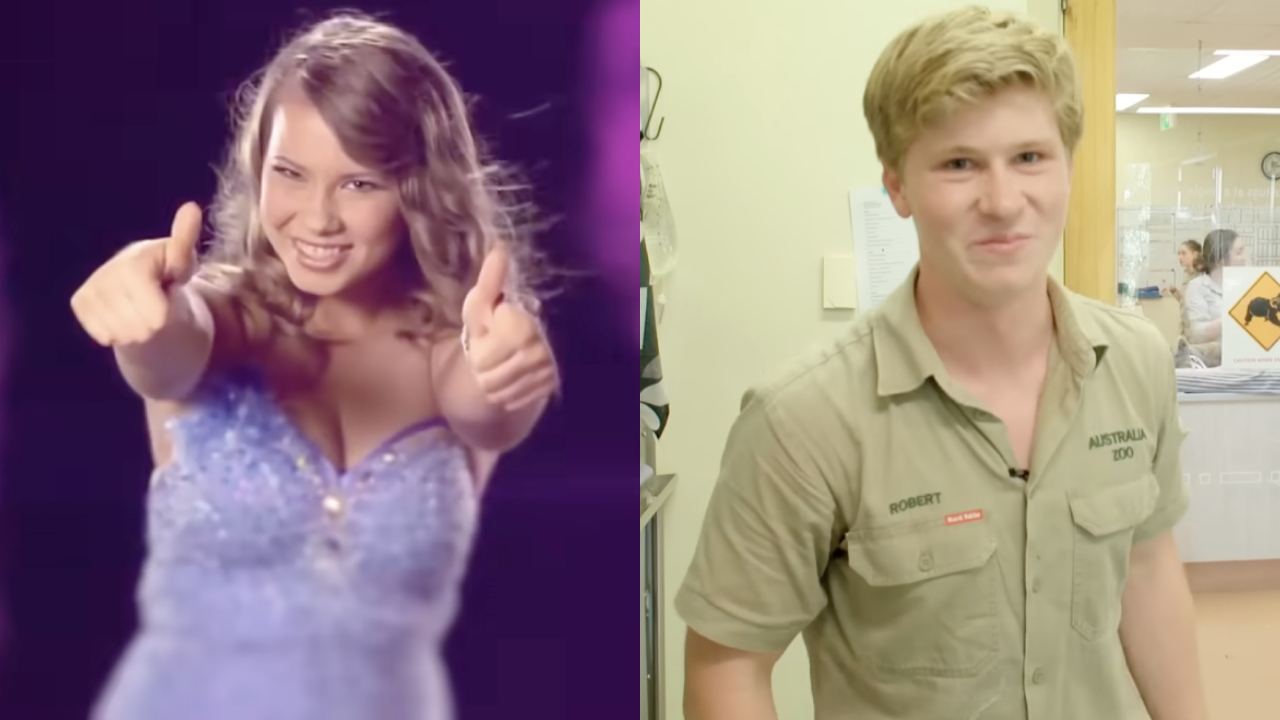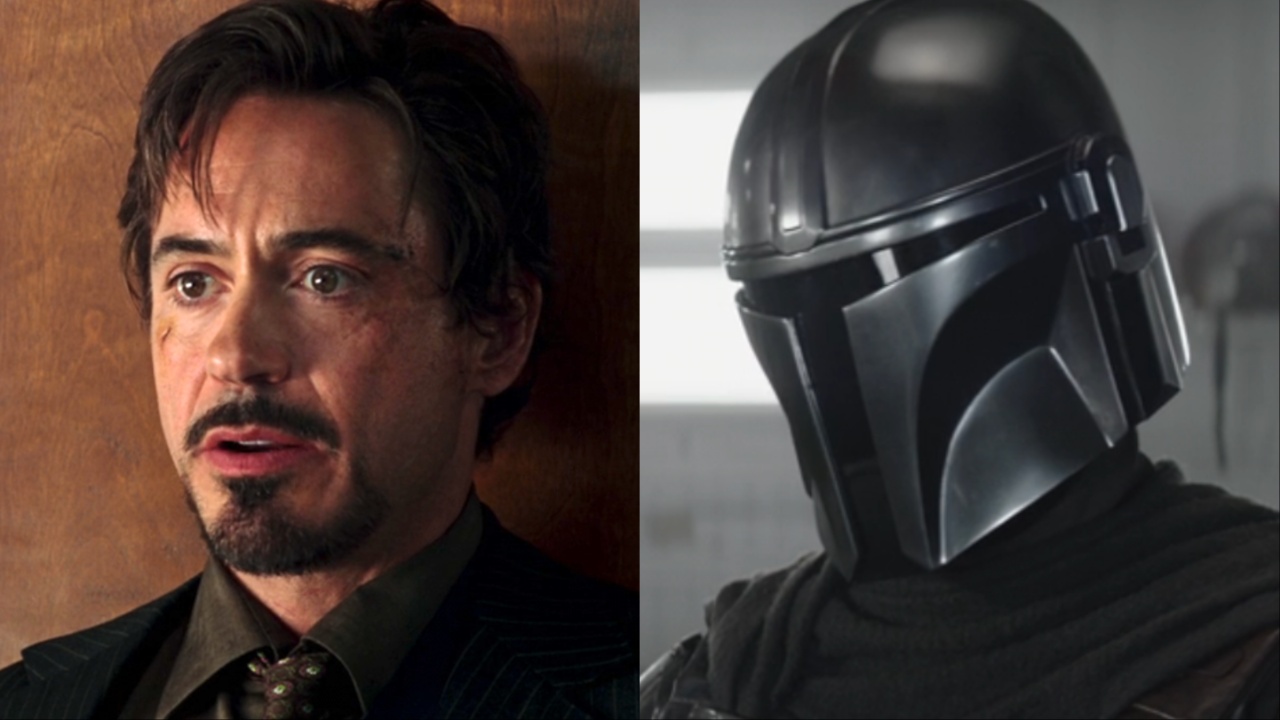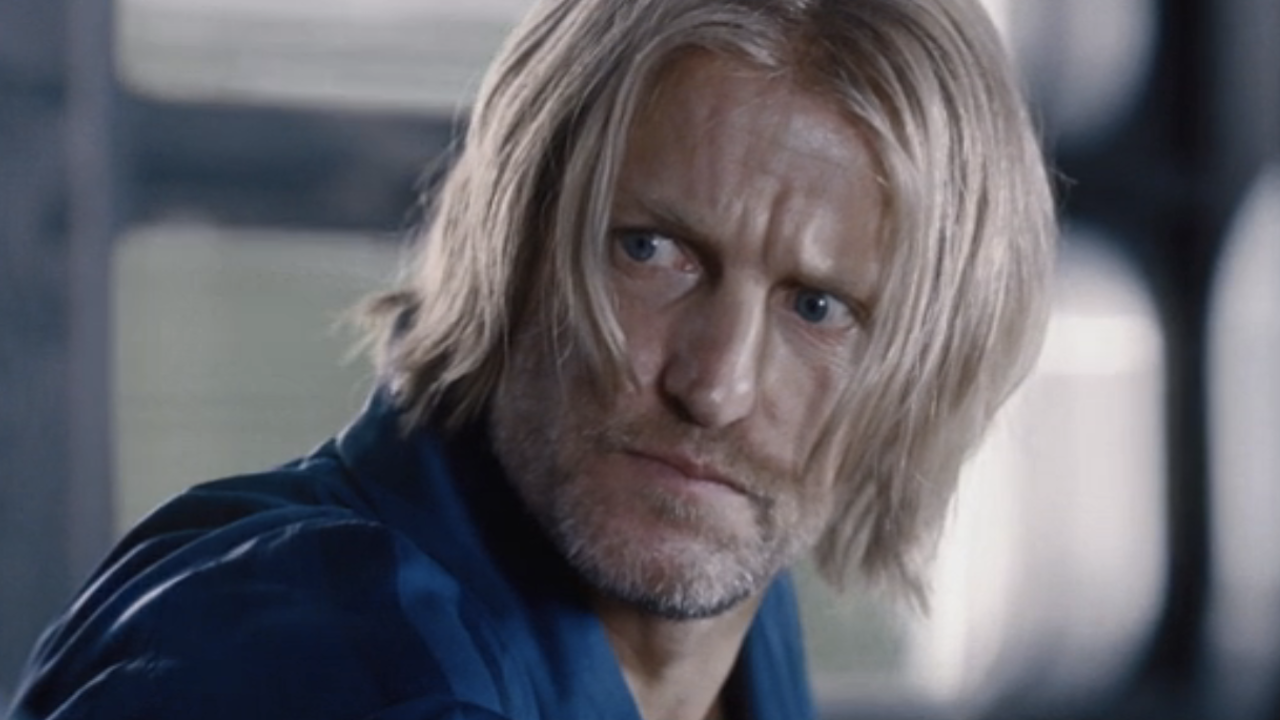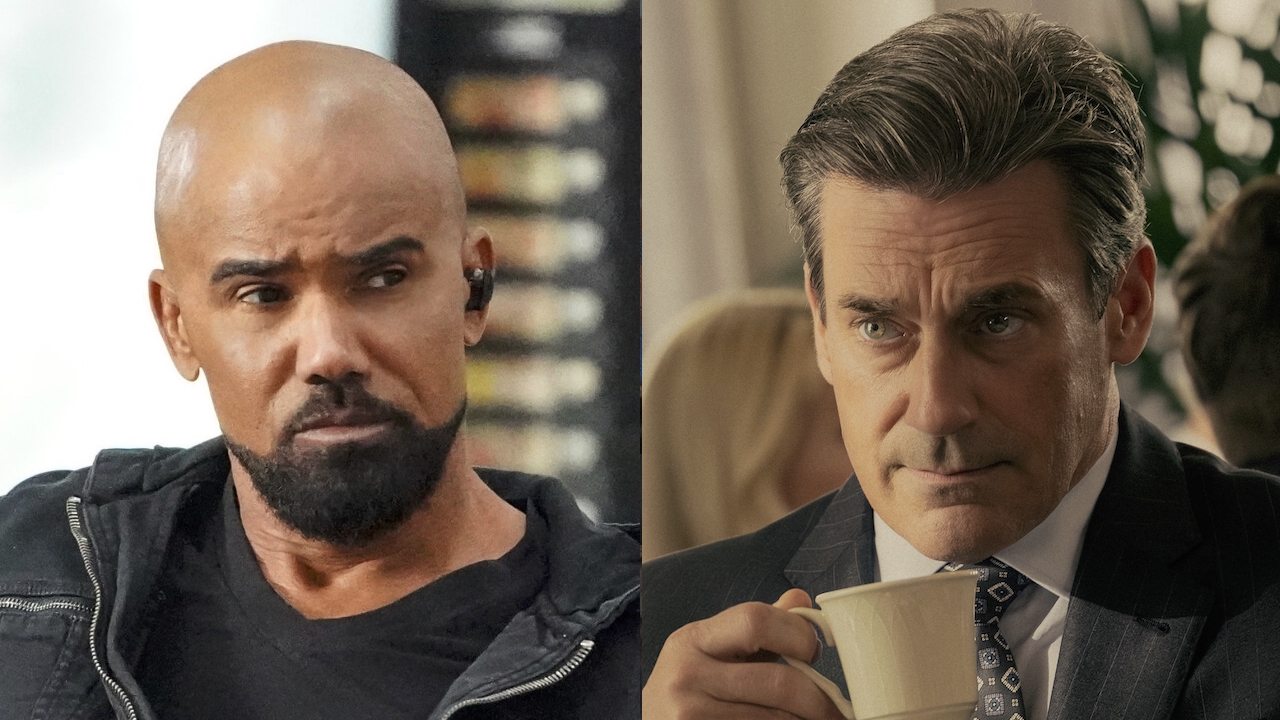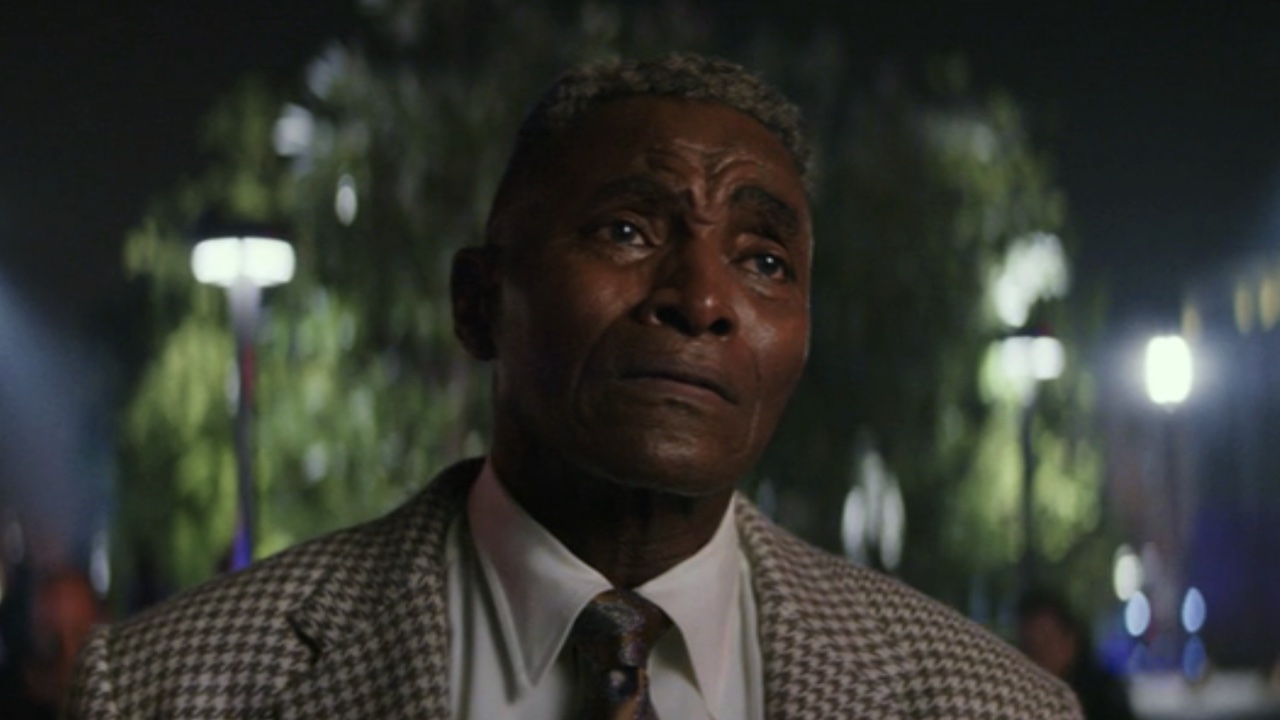Interview: Martin Scorsese
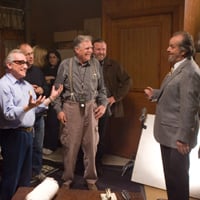
Filmmakers like Martin Scorsese make my job easy. They have such lengthy, detailed thoughts about their subjects, I kind of just have to set it up and they run with it. In The Departed, Scorsese tackles the Hong Kong classic Infernal Affairs. When an undercover cop (Leonardo DiCaprio) learns that his mob boss (Jack Nicholson) has a mole (Matt Damon) in the force, both sides work to flush each other out. Only now, Boston stands in for Hong Kong.
“I didn't think of it as Hong Kong,” said Scorsese. “I just thought of it as how Bill [Monahan] put together the script. You know, Hong Kong cinema, once I saw John Woo's The Killer, you can't go near that, you can't even begin. As far as my skills as a filmmaker, you can't. That's taking our film and their culture and mix everything up together, Then I saw another Hong Kong film I saw in the '80s called The Touch of Zen. And things like that, I saw and I said, ‘It's a whole other thing going on here. We do what we do, and if we influence their culture at all, it has come out through John Woo and Tsui Hark and Ringo Lamb. I mean, the Hong Kong cinema of Wong-Kar Wai and Stanley Kwan, all of this is something that you have to appreciate as a filmmaker because you say, ‘Okay, we see new ways of making narrative film.’ However, no matter even if I had a moment where I said to myself, ‘Gee, maybe I can make a film like John Woo,’ the minute I get to design the shot or I get behind the camera with the cinematographer, well, many times I saw my god I've done this shot five times already in two other movies. But that's what I do, that's how it came out, but really what it comes down to is what I was responding to was how Bill Monahan put down a way of life, a way of thinking, an attitude, a cultural look at the world, really, a very, very enclosed society, and that's what I responded to, I think.”
The story may be transposed to Boston, but Scorsese didn’t go too far from his stomping grounds, shooting much of the film in Brooklyn. “We didn't really shoot in Brooklyn, we shot in an armory in Brooklyn. That's where there's a space. It didn't have to be in Brooklyn. I think it was an issue of very good shooting deal in New York as opposed to Boston. This was also where, after looking at locations in going to Boston, what we thought we could double for things in Boston, but it's not easy, it's difficult to rent, the bit players have to be from Boston, so we had to bring them back from Boston, it gets a little complicated. But it turned out to be advantageous for us in the production.”
Scorsese controls every aspect of his films, and most actors do anything he asks of them just for the experience. It’s always a collaboration, even when you get a Jack Nicholson in your film. “It evolved and it evolved over a long process, a very long process. Ever since I've been making film, I've loved talking about how the process has got to be the way they are, between the writers, myself, and the actors, but I've found over the years that it gets misunderstood, maybe, and so it could be harmful to Bill or the people involved. You have to be there. It's the old phrase. You really had to be there. It's a collaborative process, there's no doubt, but the basis is what Bill did. And he continued to do when it was called upon and when he was called upon to evolve a character, it was usually with the actors and myself, and that's how that worked and Nicholson worked in a different way, but that again is kind of a private process. It's again, you'd have to be a part of that situation. It's something that's we developed it as a character that was a little different than what Bill had put in there but basically we had decided that the date, the age, and the power of this man and the appearance of his total coming apart with such power, so much power and yet he's falling apart and there's the danger of that when we went in that direction, supplemented by Bill, and whoever else had an idea. This is the way I work. This is my process. And the other actors can talk, but we all worked together.”
The Departed is as R rated as Scorsese’s other crime films with plenty of bloody violence, plenty of F bombs and other creative obscenities but only a moderate dose of skin. “As for the graphic sex and nudity and profanity that's in the picture, it's got a lot in it, there's no doubt. What you see in the film is the result of a lot of work during filming and getting the process previewed. We previewed the film three times, and ultimately I decided what is implied, what's implicit is better than explicit in the bedroom scene or wherever they are at that point. And we came up with the device of, because we had been shooting around the cocaine, of painting the ceiling, the ceiling is blue, with stars on it, which reminded me of the Pope's ceiling in Avignon, during that period I think in the 16th century, I think, for the 130 years that the Pope had moved from the Vatican to Avignon. The Pope's ceiling had stars on it. It was really interesting. You can't see it in the film, but it's there. So finally all these things came together and in the first cuts, it was more explicit. But as we pulled it down and as we pulled it down, and since my early films like Taxi Driver, Raging Bull, Mean Streets, the subject naturally [is up] to discussion and how far you can go in a film and how far you can't, but ultimately the implied is better, the hallucinatory effect of the scene is what I wanted.”
Things don’t end well for most of the characters. It’s less about punishing their violence and betrayal and more a sense of futility in everything. “What I immediately related to in the material of Bill Monahan's script is it's like a picture and I don't know what it is, it's like an obsessive behavioral pattern on my part to be dealing with this material but this is a little different, this film. As we were making it I'm realizing that we're in a moral Ground Zero in a way. Almost none of the characters really, maybe Billy (DiCaprio), maybe the doctor (Vera Farmiga), she feels a certain way about morality, but she makes mistakes, she learns about herself, she's duplicitous too, in a way, it's a world where morality no longer exists. Costello (Nicholson) knows this. I think he's almost above it, he knows that God doesn't exist anymore in the world that they're in and it's the old story, in order to know you have a problem first you have to know you have a problem. You really do and this is my own take. Bill I'm sure has his own but I felt kind of despair that's reflected in the story in the characters and how they all interact with each other and particularly in the ending is resolved. I think for me it just is a sadness and a sense of despair since we've been in this situation since September 11th and somehow this all came together and that's what kept me going in depicting this world sort of like a moral Ground Zero.”
At least there’s a killer soundtrack along the way. Even though The Departed is modern day, it’s got Scorsese’s trademark selection of period rock. The score’s not too shabby either. “I worked out with Howard Shore that in a way all the characters are sort of entwined in a web and almost as if they tried to get away from each other, they're tied together almost like in a dance of death in a way. Or like a tango. And so we came up with this idea of a tango, a very dangerous and lethal tango which ultimately does everyone in in the story and the idea of different themes of fate and the sense of the music and the sense of how the tango sounds. Then I wanted to play on guitars. I love guitars, I think of great guitar scores like the wonderful film by Irving Lerner called Murder by Contract with Vince Edwards has a great guitar score, of course the famous zither score in The Third Man. And then Howard and I had sort of worked it out, acoustic guitars and electric guitars different strings, all sorts of different things. When the sound kicked into electric, it was very strong.”
CINEMABLEND NEWSLETTER
Your Daily Blend of Entertainment News
The Departed opens Friday.
After I Heard Law And Order’s Hugh Dancy Quote SVU’s Iconic Opening, I Love His Take On 'Betrayal Of The Position’ After The Crossover
I'm A Huge Donnie Darko Fan, And Talking To Beth Grant And Jolene Purdy About Reuniting For The Bondsman Was A More Adorable Experience Than I Expected
